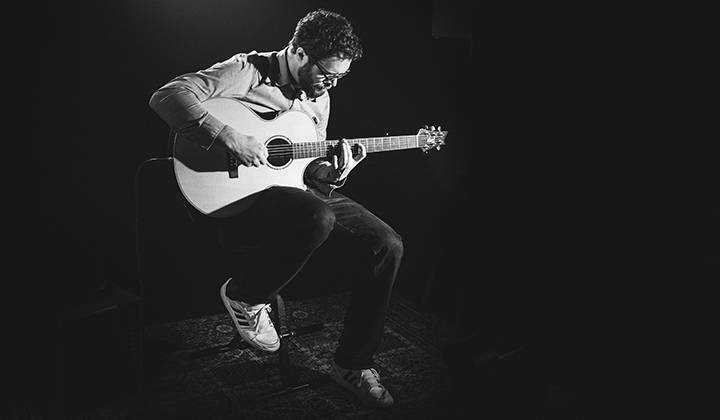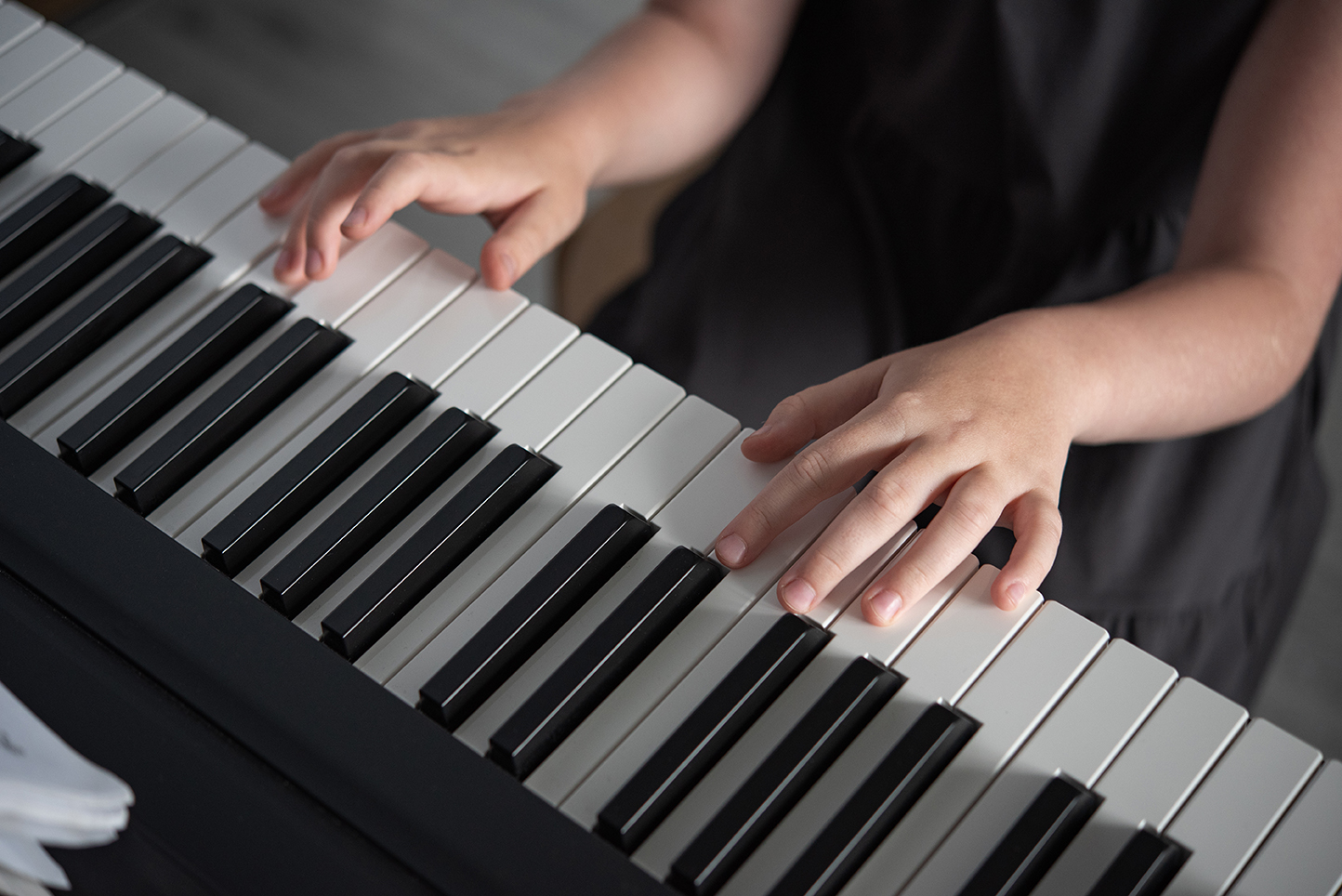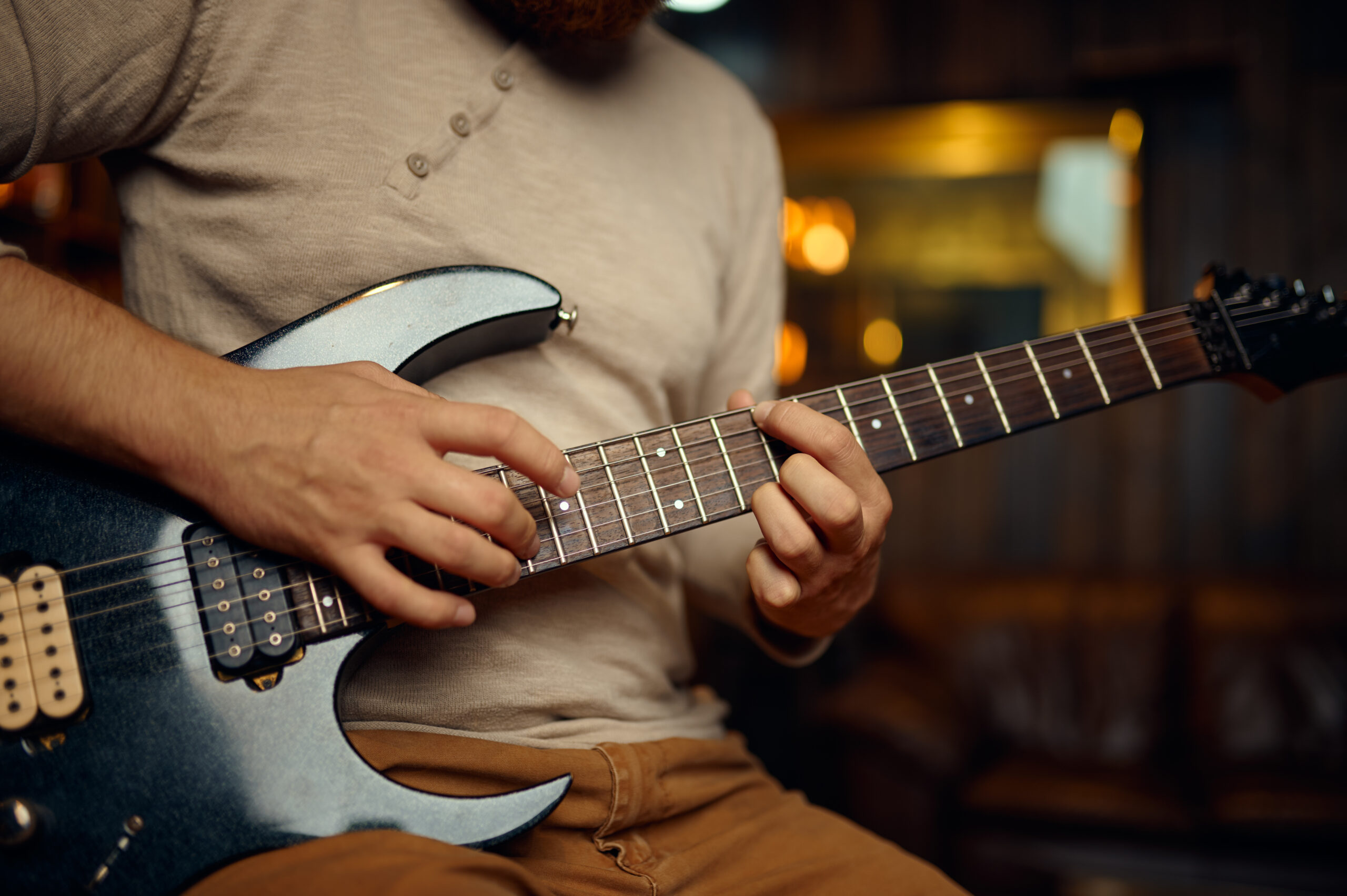Learn faster with “flow” and start to really enjoy practicing
Latest Posts • July 30, 2019

It wasn’t until I was 19 that I experienced flow on my drums for the first time. I would spend entire days practicing my strokes and rolls (both drumming techniques). Highly focused, I would repeat these techniques for hours on end, as the world around me seemed to disappear. I can still remember the joy and freedom that came with being fully immersed in the task and the satisfaction of knowing when I had hit it just right. I was always challenging myself to play the next set faster and cleaner. Working towards my goals with such enhanced concentration put me ‘in the zone’. It became almost addictive.
Back then I didn’t know that this experience was called ‘flow’ — and neither did my teacher (or he would’ve helped me to find it more easily).
Mihály Csíkszentmihályi, a pioneer of the scientific study of happiness, developed the concept of flow in the 1970s. Searching for what makes people happy, he studied musicians, actors, dancers, athletes and scientist – all people who love to create, explore and do what they do just for the love of doing it.
He summarizes the experiences of his study participants as follows:
“In the early seventies, I spoke with chess players, rock climbers, musicians, and inner-city basketball players, asking them to describe their experience when what they were doing was really going well. I really expected quite different stories to emerge. But the interviews seemed in many important ways to focus on the same quality of the experience. For instance, the fact that you were completely immersed in what you were doing, that the concentration was very high, that you knew what you had to do moment by moment, that you had very quick and precise feedback as to how well you were doing, and that you felt that your abilities were stretched but not overwhelmed by the opportunities for action. In other words, the challenges were in balance with the skills. And when those conditions were present, you began to forget all the things that bothered you in everyday life, forget the self as an entity separate from what was going on—you felt you were a part of something greater and you were just moving along with the logic of the activity. Everyone said that it was like being carried by a current, spontaneous, effortless like a flow. You also forget time and are not afraid of being out of control. You think you can control the situation if you need to. But it’s hard because the challenges are hard. It feels effortless and yet it’s extremely dependent on concentration and skill. So it’s a paradoxical kind of condition where you feel that you are on a nice edge, between anxiety on the one hand and boredom on the other. You’re just operating on this fine line where you can barely do what needs to be done.” (“Flow: The Psychology of Optimal Experience,” Mihály Csíkszentmihályi)
I’ve chatted with many musicians about this blissful state of being totally lost to the world. The feeling of being fully immersed and completely involved in playing our instrument.
Nowadays, I experience flow while mountain biking. When cruising through the forest, in solitude, concentrating entirely on the narrow path ahead, crossing small hollows and hills, I am filled with incredible lightness, almost as if I were flying.
I lose all sense of time and feel strong, alert, unselfconscious and at the peak of my abilities. Action and consciousness seem to become one. Everything feels effortlessly free.
Given the right conditions, everyone can experience flow.
A balance between challenges and skills.
Immediate feedback to one’s actions.
Clear goals every step of the way.
Action and awareness are merged.
Distractions are excluded from consciousness.
No worry of failure.
Self-consciousness disappears.
The sense of time becomes distorted.
The activity becomes an end in itself.
To experience flow, the task we’re performing shouldn’t be too hard – or too easy – it has to be ‘just right’. And we should always be clear about our goals and adjust to feedback as we go.
When learning an instrument, it’s not always easy to create appropriate challenges and feedback loops for yourself.
That’s where the teachers at Modern Music School can help. They’re well aware of this constant balancing act between anxiety (where the difficulty is too high for one’s skill) and boredom (where the difficulty is too low). They provide clear and immediate feedback to their students and ample opportunities to enter into their own flow states.
Learning to focus our attention on what matters (i.e. playing our instrument) will allow us to find our flow more easily.
At Modern Music School students learn techniques to help them gradually take control over their mind. In flow, nearly all of our brain will be devoted to what we’re doing, leaving no room for negative thoughts like fear, over-ambition or impatience.
And as we strengthen this sense of personal control, our music practice – or whatever it is we’re doing – will be entirely rewarding in and of itself (intrinsically rewarding).
Playing music is no longer about getting better or ‘getting it right’ – the goal of our music practice becomes music practice. Naturally, we’ll also get better since flow puts us in a state of heightened creativity and enhanced learning ability.
So the next time you sit down to play your instrument, notice how you “zone in” with the music and enjoy your best self – while the world around you fades away for a while.




Leave A Comment